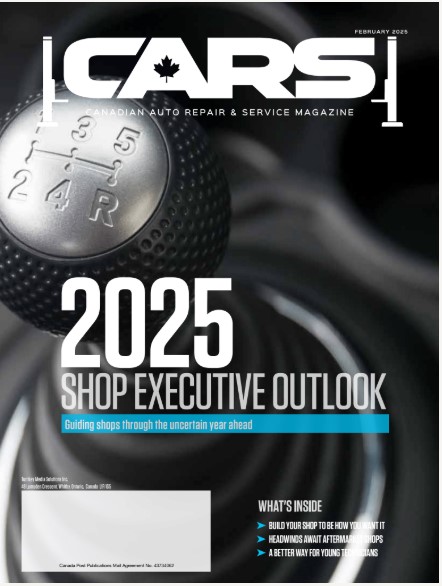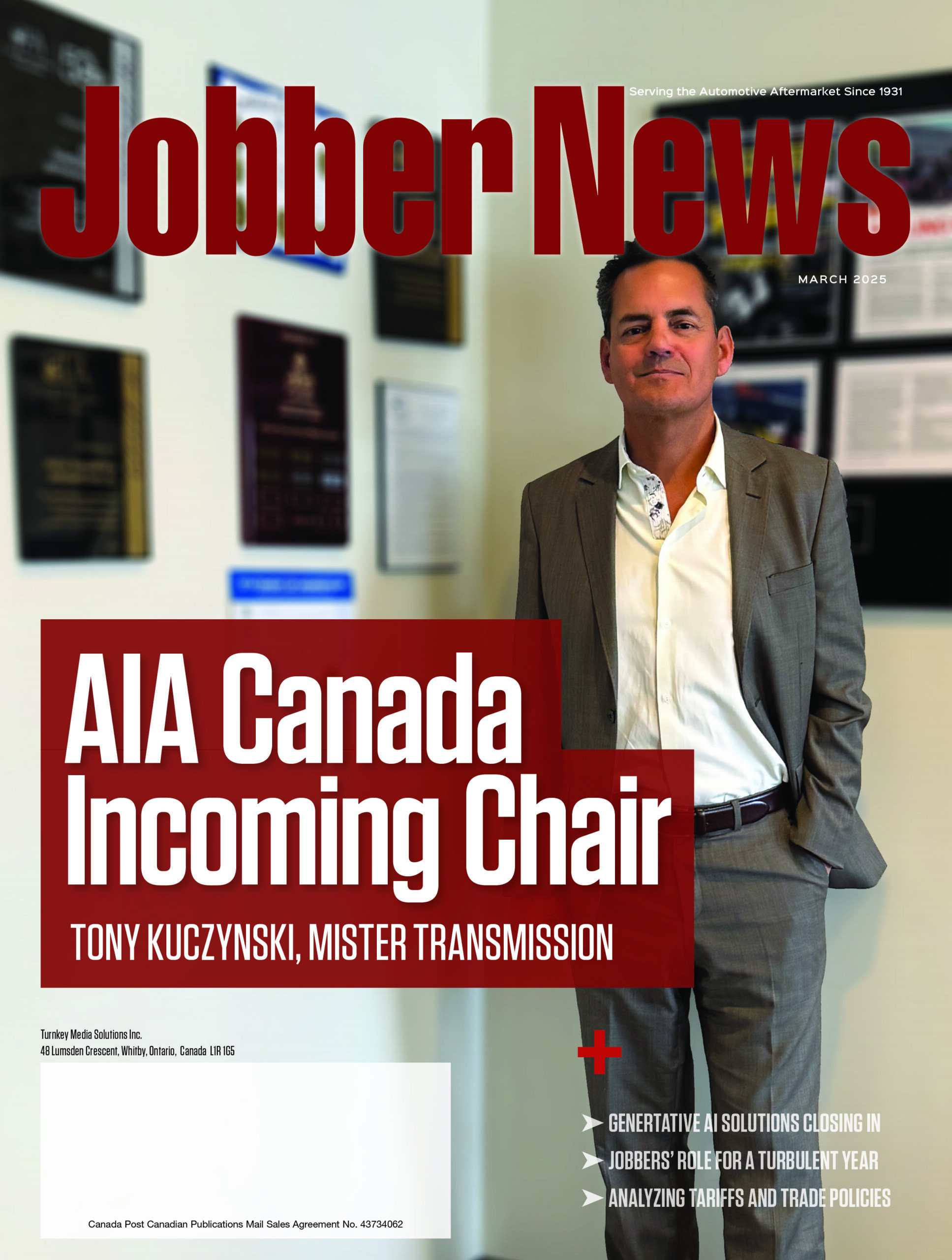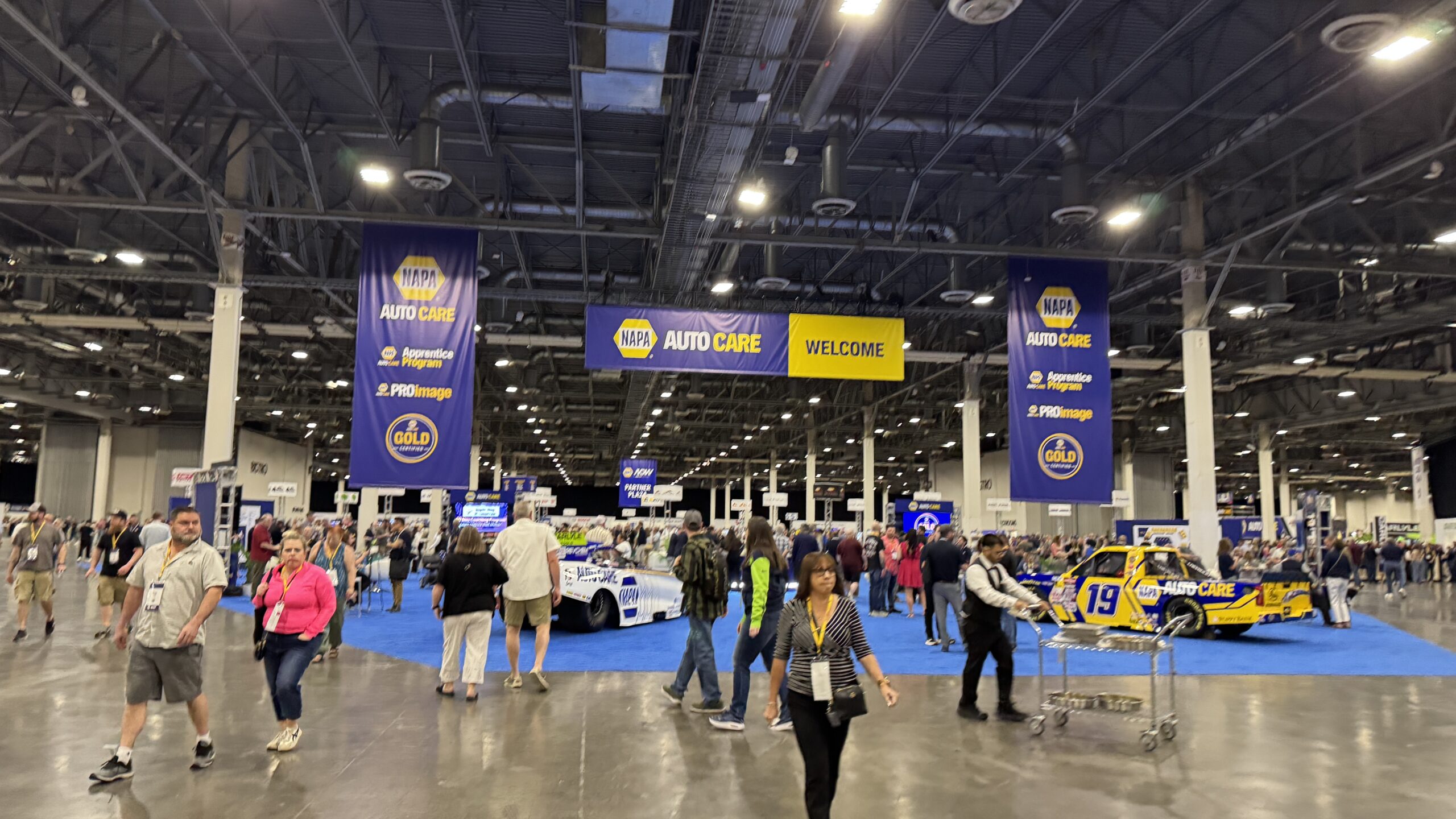
As the automotive aftermarket navigates an increasingly complex landscape, an industry leader explored evolving challenges, particularly the role of China in the industry.
The automotive aftermarket is experiencing unprecedented challenges as it grapples with global supply chain disruptions, regulatory pressures, and shifting market dynamics, Paul McCarthy, president and CEO of MEMA Aftermarket Suppliers told attendees of his group’s Vision Conference in Detroit.
As a result, he emphasized the need for the industry to adapt and innovate to maintain competitiveness in a rapidly evolving landscape.
“Our customers are consolidating; they’re going global,” McCarthy stated, setting the stage for a detailed exploration of the industry’s evolving landscape. He pointed to legislative and regulatory decisions as major influences on the business, touching on issues such as right to repair, trade regulations, electrification, and sustainability.
“It’s overwhelming sometimes,” he acknowledged. “And if that’s not enough, for many suppliers, the supply chain is still a problem.”
MEMA Aftermarket Suppliers’ Paul McCarthy speaks at the group’s 2024 Vision ConferenceMcCarthy recalled to a pre-pandemic edition of this conference where end customers stated that a 98 per cent fill rate was essential. But getting back to that standard today is challenging due to the intricacies of the supply chain. The industry is “aggressively de-risking” supply ties to China. The result is a more complexity-rich supply chain “with many more countries” in the mix. And that hasn’t slowed China down at all, McCarthy pointed out. In fact, they continue to grow as they set up operations in other countries.
“So while U.S. parts imports from places like Mexico and Vietnam and India have been growing, we’ve also seen exports of Chinese parts and inputs to those countries exploding,” he said, emphasizing the interconnected nature of global trade.
One of the most significant trends McCarthy identified is the global expansion of Chinese suppliers.
“This is a new frontier of competition,” he noted. “And when we look back in 10 years, this may be the biggest trend that impacts us.”
He also noted that Chinese companies are setting up businesses in countries like Vietnam and Mexico to circumvent tariffs and de-risking efforts, complicating the supply chain further.
McCarthy also mentioned MEMA’s efforts to ensure fair competition, including working with government officials to shut down companies circumventing tariffs.
“Our members are absolutely pro-competition. But there must be a level playing field,” he asserted.













Leave a Reply